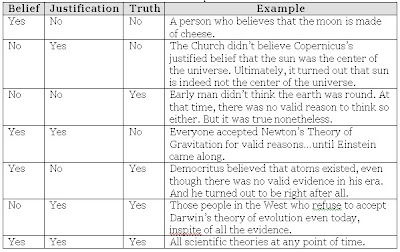Learning from History
“Those who don’t learn from history are doomed to repeat it.” Don’t think too many would argue with the quote above. But what exactly does one learn from history? Surely not the dates of battles and the names of emperors that are rammed down the throats of school kids! And that’s when you realize it’s a surprisingly hard question to answer. If you learn a very specific answer, it often proves to be useless because the situation never repeats itself. Or when it does recur, your learning is too specific and fails to address Version 2.0 of the event. Like when the French built the Maginot Line as their defense against a German invasion after World War I. While the French were indeed prepared to prevent a recurrence of what the Germans did the first time, their preparation proved to be of no use ultimately since the Germans just went around the Maginot Line in World War II! The French had only learnt a very specific lesson from history. You can see the same pattern today. Every time a Eur


